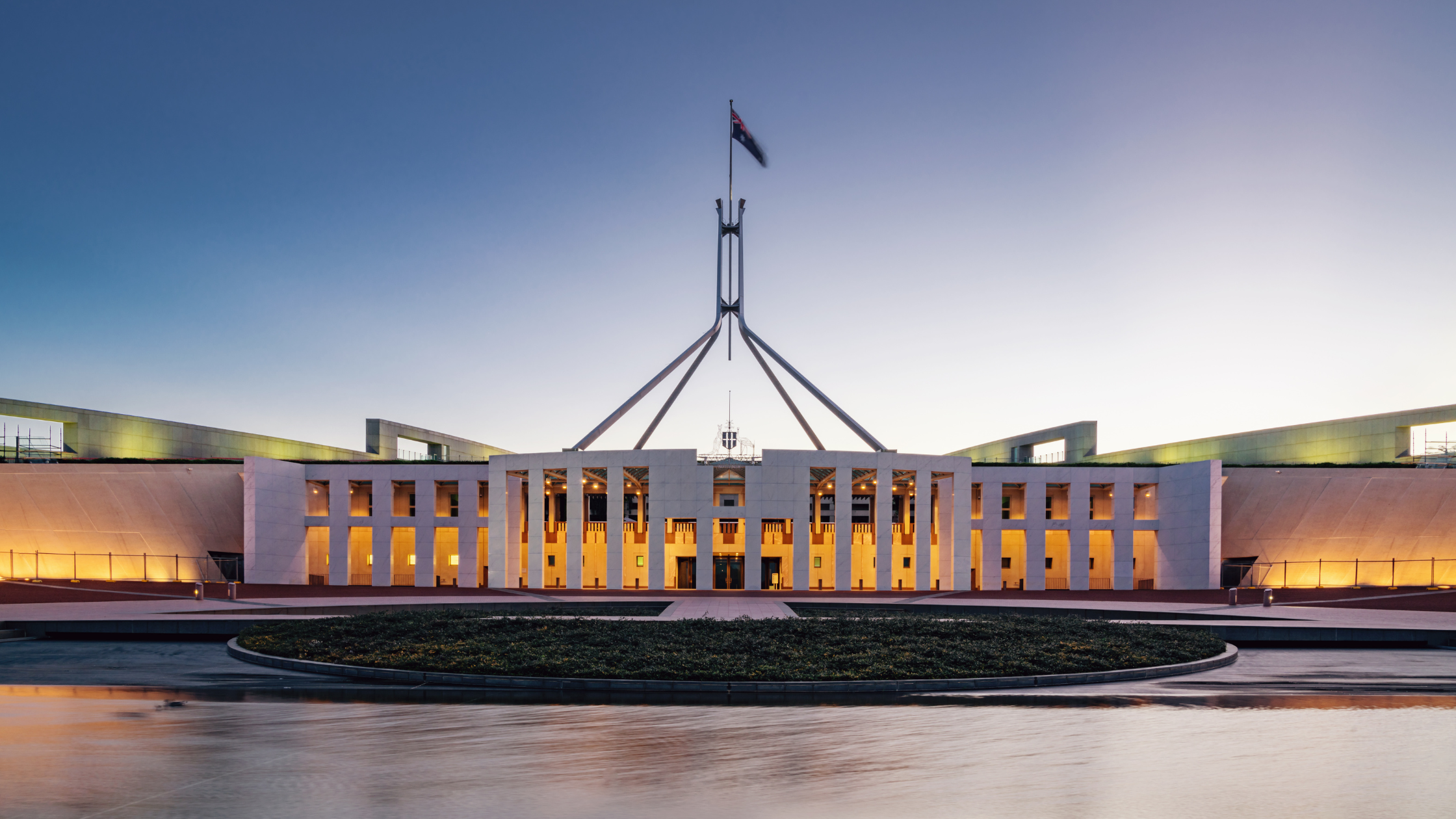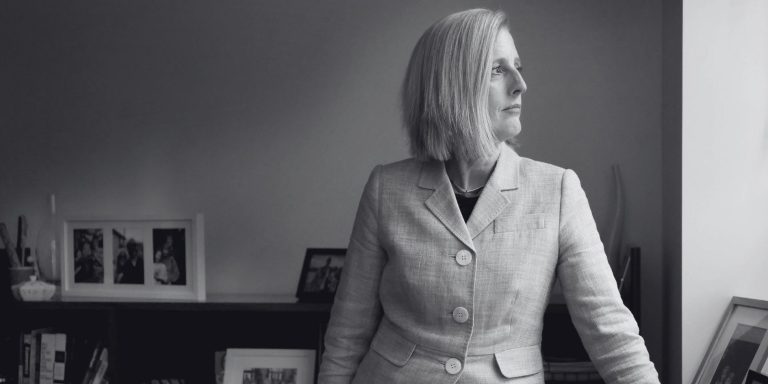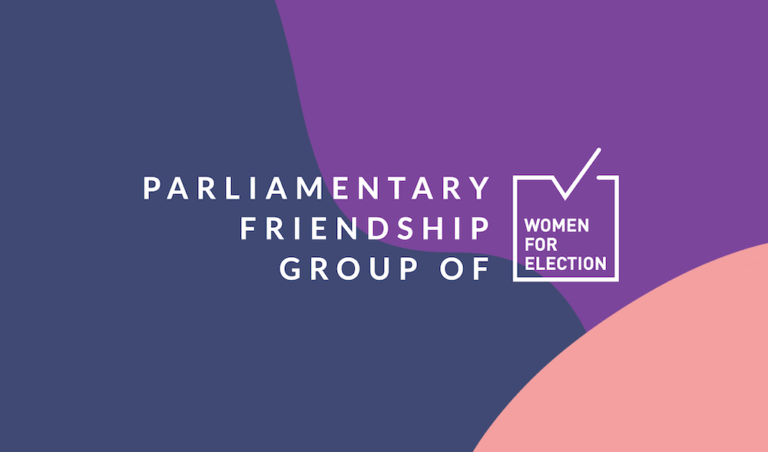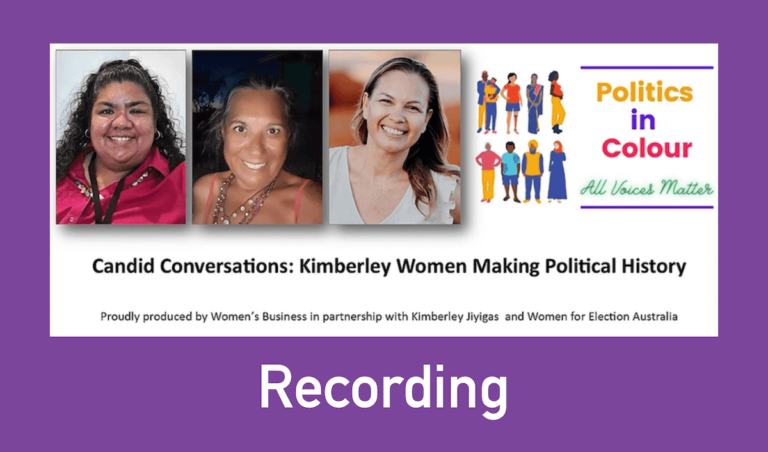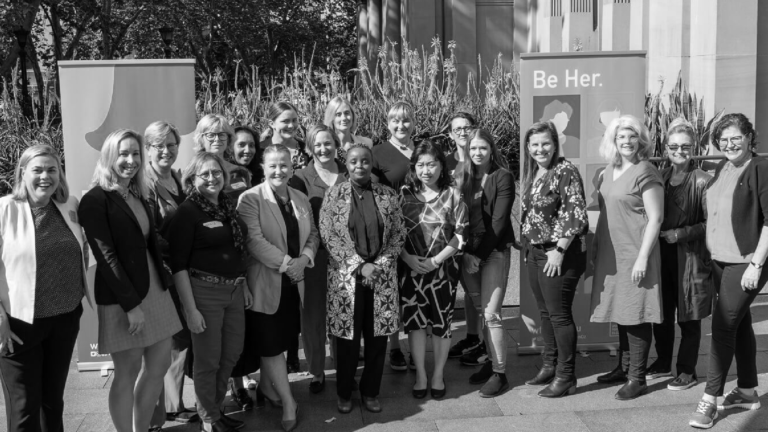Achieving gender parity in politics: a zero sum game
Why we need to get comfortable with this uncomfortable truth
By Licia Heath, CEO of Women for Election
International Women’s Day is upon us for another year and it is important that we look past the perfectly decorated cupcakes and polished rhetoric, and evaluate the progress we are making towards achieving gender parity in politics.
Following the 2022 federal election, the proportion of women in the Australian parliament rose to 44% (average across both houses). State and territory governments, and local councils, have shown slower progress, achieving an average of 37% and 38% female representation respectively.
This means that, despite a growing perception that gender parity is a ‘done deal’ – a sentiment I’ve heard expressed many times over the past week as I’ve attended a slew of IWD events, the reality remains that women are underrepresented at all levels of government. Moreover, we run the risk of a single election cycle undoing hard earned gains which, according to BBC World News, is a regular occurrence in Australia.
Ultimately, we need to get comfortable with an uncomfortable truth: that achieving gender parity in politics is a zero sum game.
What do I mean by this? Simply put, if we’re serious about achieving gender parity in politics, some men will need to step aside to make way for their female counterparts. The reality is that there are a fixed number of elected positions at all levels of government – so for more women to be elected, less men need to do so.
It seems like a simple principle, but is a sticking point for some. Many of us no doubt recall then Prime Minister Scott Morrison declaring on this very day, four years ago, that “We want to see women rise. But we don’t want to see women rise only on the basis of others doing worse”. And as recently as last month retiring NSW government minister David Elliott proclaiming, “A man should replace a man” in the top slot of the NSW Senate ticket.
So let’s reframe the question and, instead of focusing on a small number of men whose political aspirations might take a back seat, let’s consider what our nation has to gain from achieving gender parity in politics:
A higher overall standard of elected representatives
Let’s be honest, the status quo of male-dominated parliamentary and council chambers isn’t a case of meritocracy – research consistently shows that women are equally capable of being political leaders. Further, according to Harvard Business Review research women score at a statistically higher level than men on majority of leadership competencies.
The problem is that there are multiple structural barriers that exist for women when they consider running for public office, and those barriers are amplified for women of colour, women from the queer community, women from regional and remote Australia and women with a disability. Whether it’s candidate selection, cash, caring responsibilities, culture or confidence, women’s run towards public office includes multiple sets of hurdles whereas their male counterparts can sprint to the finish line.
Is this unequal playing field really how we want to select some of the most powerful decision makers in our country?
Better government policy
Back in 2017 I took a year-long sabbatical from my corporate career to research how we could ‘fix’ Australia’s political landscape. Over the course of the year I met with current and former politicians, political staffers, and heads of NGOs and Think Tanks of all political persuasions, eventually mapping out our nation’s political ‘ecosystem’ and where my research indicated it was failing.
What I found shocked me and caused me to embark on a major career transition: it was clear that ‘we’ knew what policies needed to be implemented in Australia:
We knew the tax and superannuation reforms that would create a sustainable economy,
We knew the environmental policies we needed,
We knew the First Nations justice and self-determination reforms we needed,
We knew what to do to improve our public education system
We knew the housing policies that needed to be implemented, and
We knew what policies would create gender equity and safe environments for women.
But if we knew all that, why weren’t these policies being implemented? It was clear that we had an execution problem. Our governments, made up of individuals with all too often the same lived (and privileged) experience, were not implementing the policies being put before them.
Groupthink is real and it is dangerous. A litany of research from the likes of McKinsey and Harvard Business Review bears this out: without exception, diverse teams make better, more informed decisions.
So instead of the outsized focus on a small number of men who will lose their seats, let’s focus on the benefits of having more women, and more diverse representation overall, in political office. We owe it to our nation.

